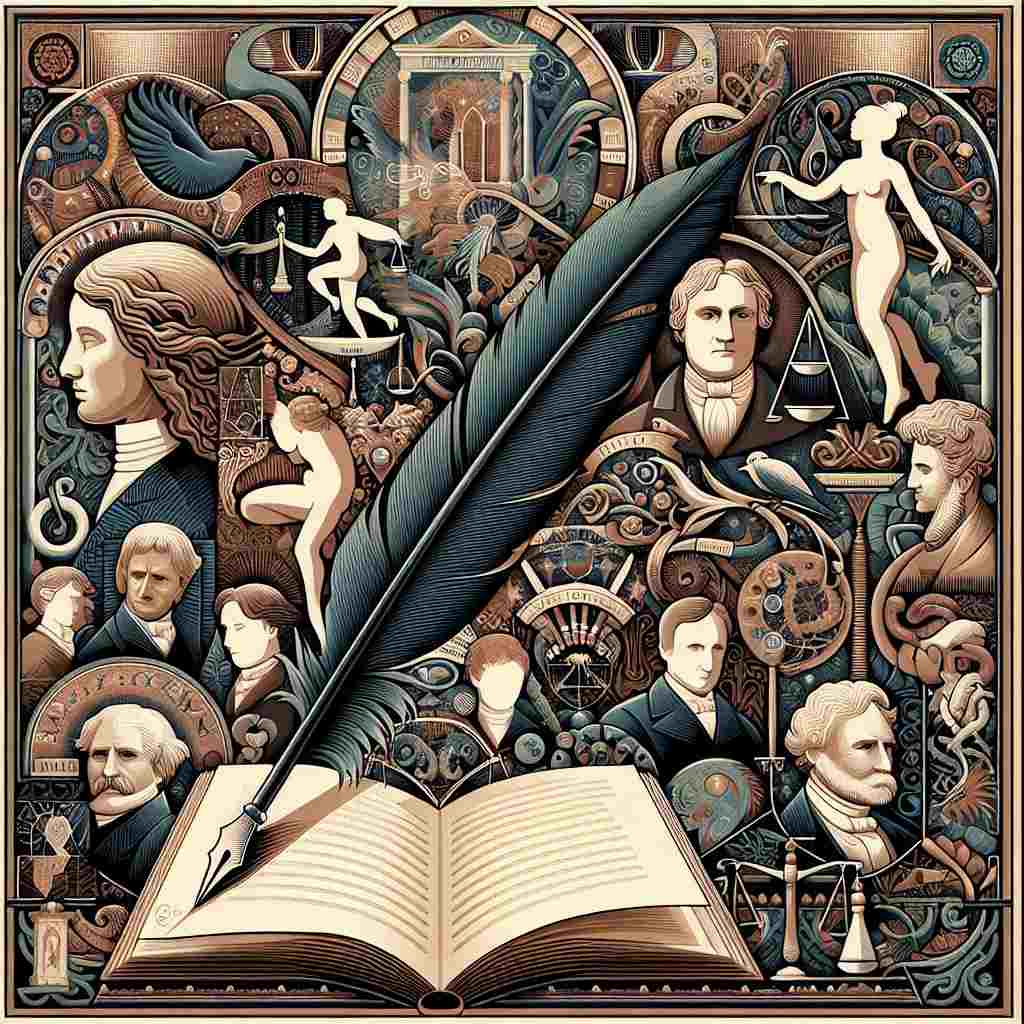In a world where the hustle and bustle of urban life often overshadows the serene beauty of nature, gardening emerges as a sanctuary for the soul and a canvas for creativity. For many, it is not just a hobby, but a profound act of nurturing life and crafting beauty. The garden is a living entity, a testament to the intricate balance between human ingenuity and nature’s bounty.
The Harmony of Design and Nature
Gardening is an art form that beautifully intertwines design principles with the raw, organic elements of the earth. Whether it’s a sprawling country garden or a modest city patch, each space offers a unique opportunity to explore textural contrasts, color schemes, and spatial dynamics. Just like a painter with a blank canvas, a gardener starts with a plot of land and gradually transforms it into a vibrant landscape teeming with life and color.
Designing a garden requires a keen eye for architecture and a profound respect for the natural world. It involves selecting plants that not only thrive in the given environment but also complement each other in terms of shape, size, and color. Gardeners often employ concepts of symmetry, contrast, and rhythm to create spaces that evoke emotions akin to those experienced when viewing a masterful work of art.
The Therapeutic Touch of Soil
Beyond its aesthetic appeal, gardening offers profound mental and physical health benefits. Engaging with plants and soil has been shown to reduce stress, increase happiness, and foster a deep sense of accomplishment. The simple act of planting a seed and watching it grow can teach patience and offer a meditative experience, encouraging mindfulness and presence.
Research has consistently shown that gardening lowers cortisol levels, the body’s primary stress hormone, enhancing mood and potentially reducing the risk of depression. Additionally, the physical aspect of gardening, ranging from planting to pruning to potting, is an excellent form of low-impact exercise, contributing to overall physical well-being.
A Sustainable Future
As concerns about environmental sustainability grow, gardening stands at the forefront as both an eco-friendly practice and a powerful tool for conservation. By cultivating native plants, setting up home composting systems, and opting for organic practices, gardeners can contribute significantly to biodiversity and reduce their carbon footprint.
Gardens can also support local wildlife, providing habitats and food sources for bees, butterflies, birds, and other pollinators essential for maintaining the ecological balance. Community gardens, increasingly popular in urban areas, offer a shared space for connecting with nature and each other, fostering a sense of community and shared purpose.
Conclusion
Gardening is more than planting seeds and growing plants; it is a journey of creativity, healing, and responsibility towards the earth. In the fragrant embrace of a garden, we find inspiration, tranquility, and a reminder of the interconnectedness of all living things. Whether you’re tending a small balcony or cultivating an expansive estate, the act of gardening holds the potential to transform our lives and our world, one plant at a time.



